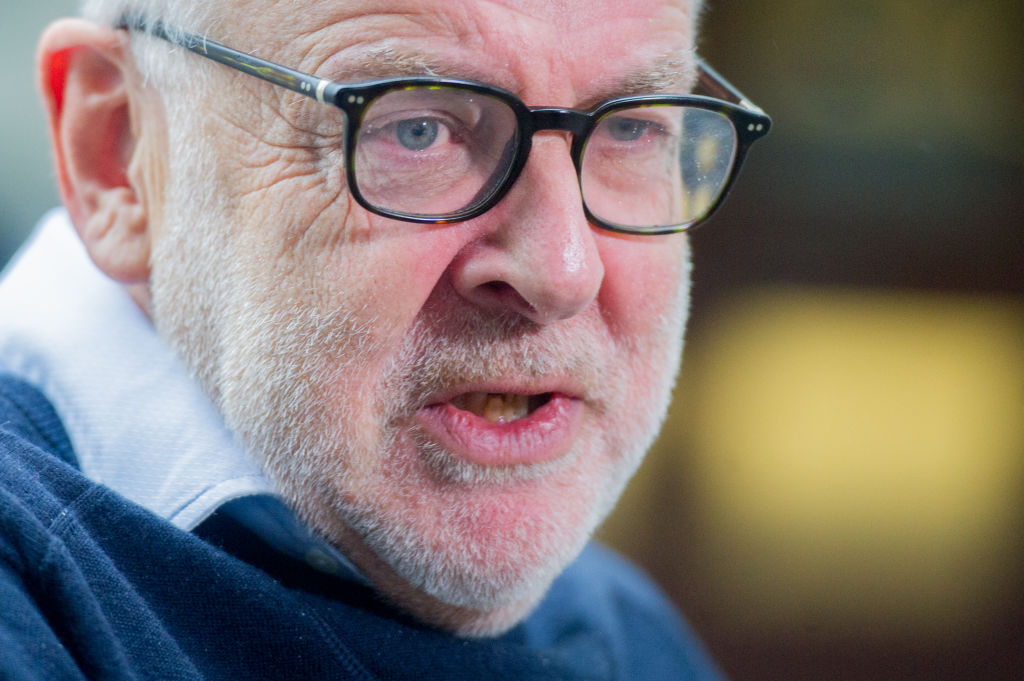In the midst of all the slip ups, the corruption and the lies, you might have forgotten the most consequential piece of legislation this government is forcing through Parliament. The assisted suicide bill has passed from the bony, blundering hands of the Grim Leadreaper and into the doughy, smothering mitts of Lord Falconer as it makes its way through the House of Lords.
Unsurprisingly, given the legislation makes back of a fag packet shopping lists look like Magna Carta, their lordships have been giving it a kicking in committee. In some ways it’s a difficult subject to sketch; the stakes are unbelievably high for the poor, the sick, the disabled. Then again, the people behind it are much easier to mock.
Take the aptly named Baroness Hayter. ‘I’m finding it quite hard to imagine how many more layers you’re wanting’ she scoffed at the panel of experts summoned to give their opinions on the safety of the bill for the sick and long-term disabled. There were people who fought at Marston Moor who were less cavalier in their attitudes than Lady Hayter.
The experts were varied; from one of their Lordships own in the form of former Paralympian Baroness Grey-Thompson to the National Down Syndrome Policy Group. Diverse their areas of expertise might have been, but their opinion on the bill was unanimous. Baroness Scotland asked the panel of experts whether the bill was safe or not. Every expert shook their head.
Still the bill’s supporters appeared unmoved. Baroness Hayter was reminded that people suffering from domestic abuse were not just ‘a small subset’.
Baroness Grey-Thompson – who explained that she had at one point been in favour of the bill but the more she looked at the details the more opposed she became – reminded the Lords that not a single disability rights organisation was in favour of the change.
She spoke especially movingly about how when a disabled person dies it is so often framed as a ‘relief’ for their family. She related how a family with a child who had Down’s syndrome came to her ‘terrified about the change in the law’ specifically because it would ‘change the framework about the way in which the law thinks about their child’. The parents were afraid that, once they were gone, society would simply view their beloved child as a drain, a life not worth living and use the bill to hurry them into being killed. Baroness Grey-Thompson’s voice cracked as she told the tragic tale. Baroness Hayter sat there, seemingly unmoved.
Lord Winston claimed there was ‘no alternative’ to assisted suicide if suffering were to be alleviated. It was a revealing remark. Firstly it shows a futile desire to foil the inevitability of death by a caste of people who have always got their own way in life. It perhaps explains why, as Baroness Berger pointed out, equality impact assessments had overwhelmingly focused on granting people an equal right to suicide, rather than the disproportionate risks to vulnerable groups.
Secondly, it shows that for all the ‘listening’, despite the views of every expert in the field, they do not seem to see any possible alternative to their own view. The disabled are collateral damage worth paying so that they can preserve their own sense of agency.
The witnesses might as well have been presenting their expertise to a brick wall. The ability in a few years’ time to be able to say ‘I told you so’ will be very small consolation indeed.








Comments